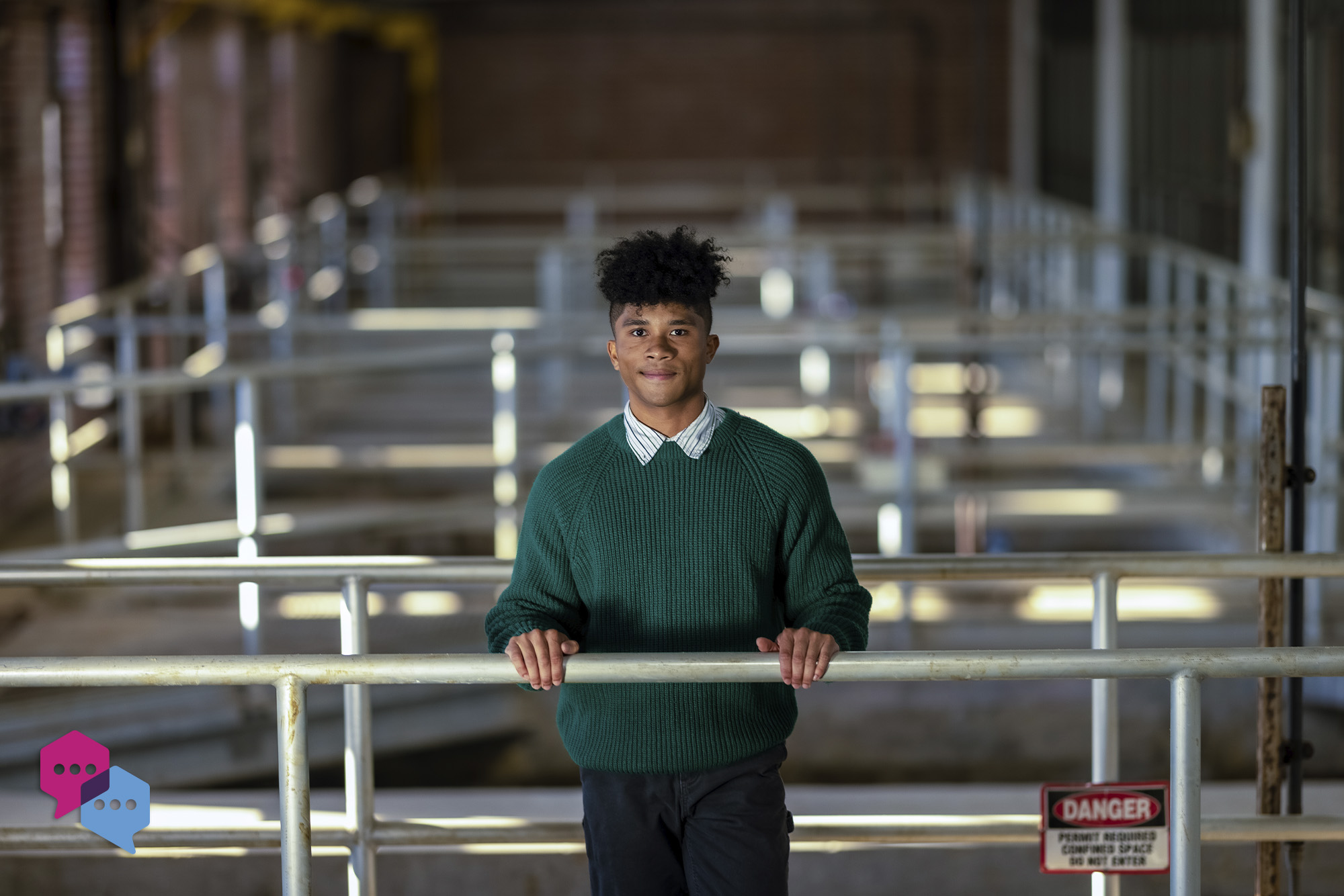Christian Chung is a junior double-majoring in biology and public policy within the UNC College of Arts and Sciences. He uses hydrologic and chemical analyses to study how water absorbs PFAS and to evaluate the policy implications PFAS have on public access to safe drinking water and environmental standards.
Q: How did you discover your specific field of study?
A: If there is one thing I’ve learned throughout my academic journey, it’s that conditions can change. Coming to university, I for sure thought I was going to pursue medicine — but that thought soon began to subside as COVID-19 and online learning reshaped my world and personal views. After shifting back to the classroom, I started sampling classes in various academic disciplines, learning that my intellectual curiosities stretched beyond my preconceived pre-medical path. During this period of trial and error, I found a keen interest in public policy, acknowledging its breadth and timely relevance while still holding to my love for the natural sciences.
I first found out about the problem of per-and polyfluoroalkyl substances (PFAS) through a random volunteer ad for a North Carolina-based grassroots campaign aimed at phasing out PFAS from food packaging. Eventually, stepping on as the campaign’s communication intern, I was tasked with conveying the science and harmful detriments of PFAS to a public audience. The complex chemical nature of PFAS and ongoing discourses within policymaking inspired me to immerse myself heavily in this topic while simultaneously instilling a drive to make a difference.
Q: Academics are problem-solvers. Describe a research challenge you’ve faced and how you overcame it.
A: A challenge I’ve encountered while engaging in research is imposter syndrome. These feelings of self-doubt arose primarily when I first started investigating novel PFAS water remediation technology during my sophomore year. Don’t get me wrong, I was thrilled to have been acquainted with such a captivating study, but due to a perceived lack of preparedness and COVID-19 delaying my adjustment to college, I felt particularly inadequate to be in the position I was in.
My mentor, Haley Macdonald, helped me realize my merit when it came to engaging in research. Haley’s constructive advice, constant support, and experience led me to understand that not everything in research is accomplished without errors. Perfection is not always guaranteed, but it’s something that can be best achieved by making mistakes and learning from them, not by dwelling in self-doubt.
I’ve learned to regulate the voice in my head, knowing that its words are invalid and temporary. By understanding how to problem-solve mentally, I can better tackle the challenges I face while conducting research more consciously and competently.
Q: Describe your research in five words.
A: Water free of “forever chemicals.”
Q: Who or what inspires you? Why?
A:The person I owe basically everything to: my mom. Throughout my entire life, my mom has always been my greatest source of inspiration and support. Watching her flawlessly balance her day-to-day responsibilities while at the same time showing me and others endless love and support is truly admirable. She’s provided me with profound examples of humble success, sincerity, and excellent work ethic — a few things I can only hope to resemble.
Preserving the planet that I live on has also motivated me. The thought of damaging the world that harbors so much beauty, vital resources, and possibility for advancement is terrifying. If we deprive or devastate the only place we, as in humanity, can all collectively call home, what are we going to do?
Q: If you could pursue any other career, what would it be and why?
A: If I could pursue anything different, I’d probably work as a personal trainer. Over the last couple of years, I have gotten really into working out. Getting the chance to interact with others and help motivate them to reach their fitness goals would be a rewarding experience.


